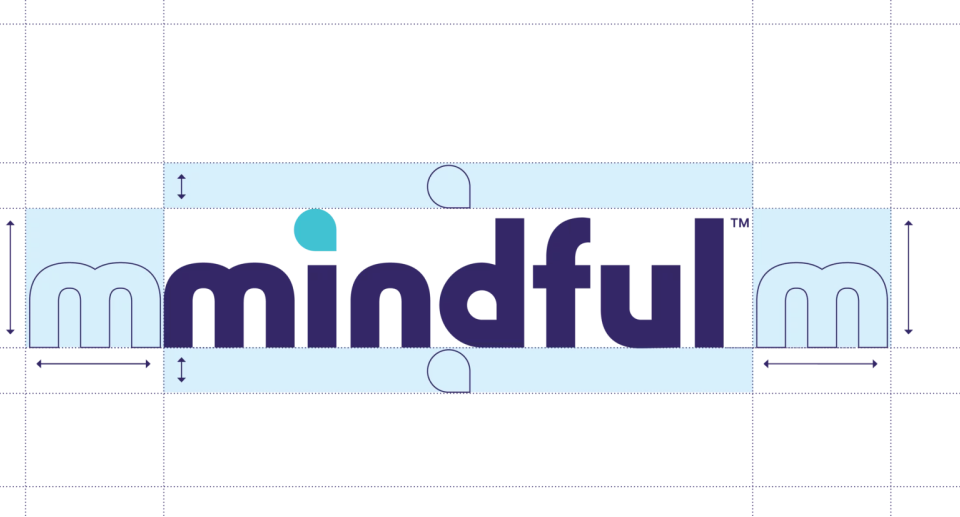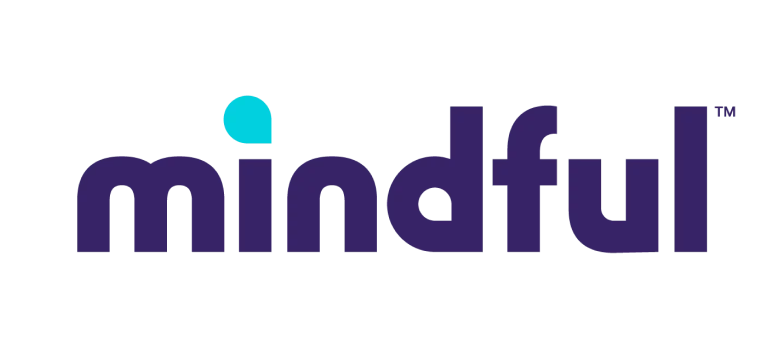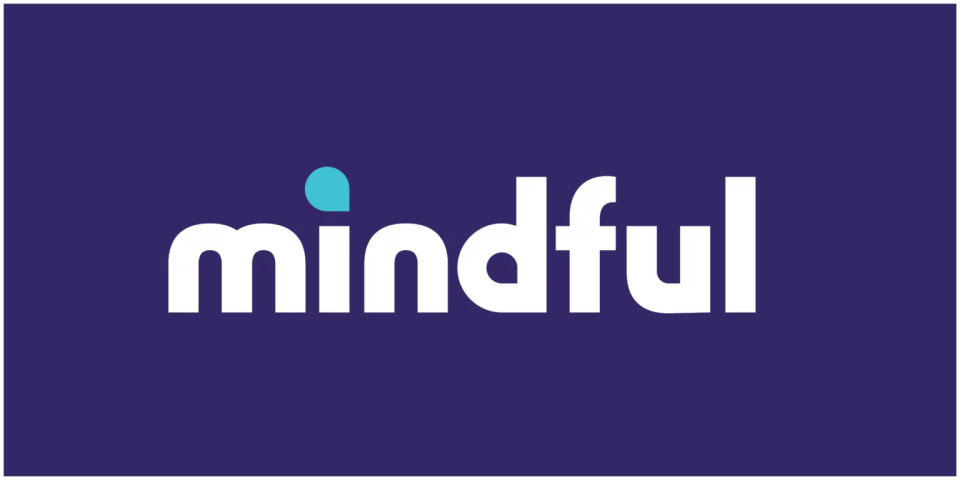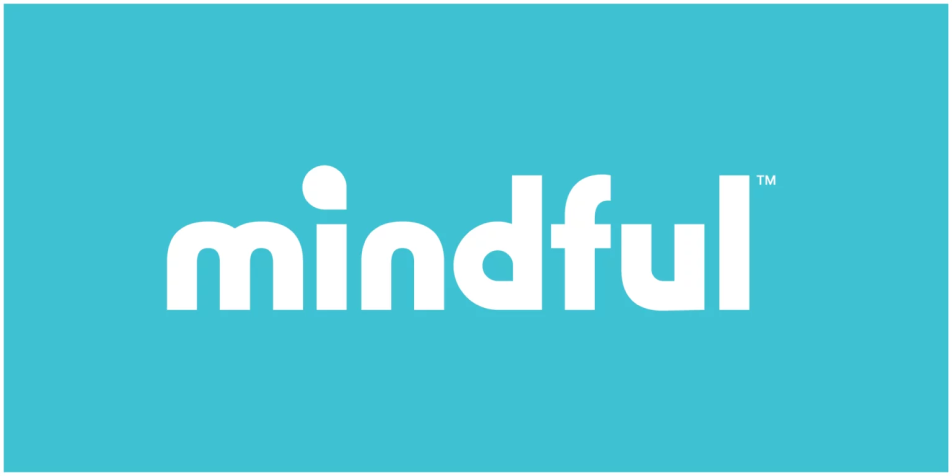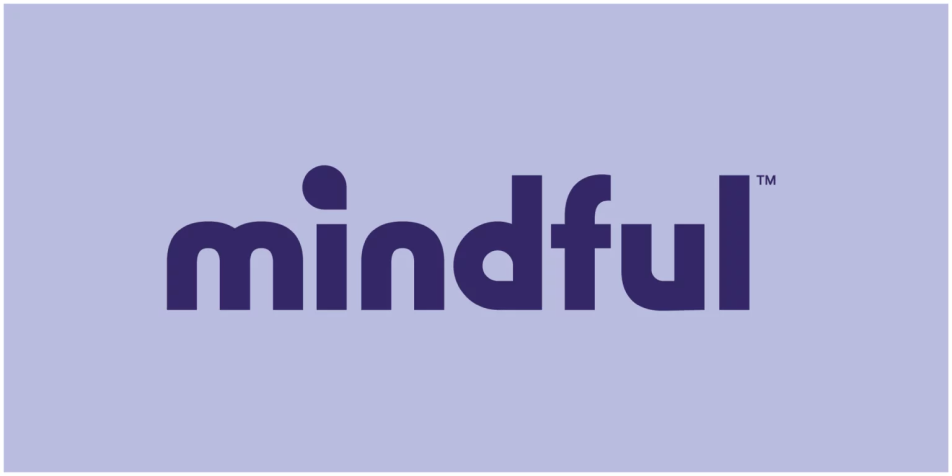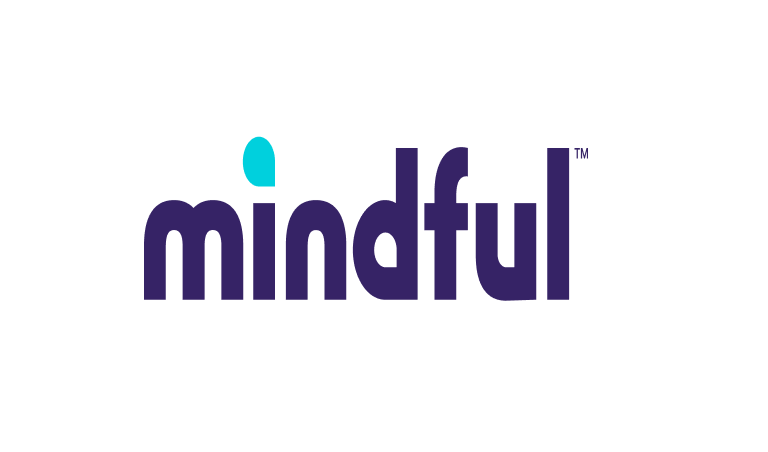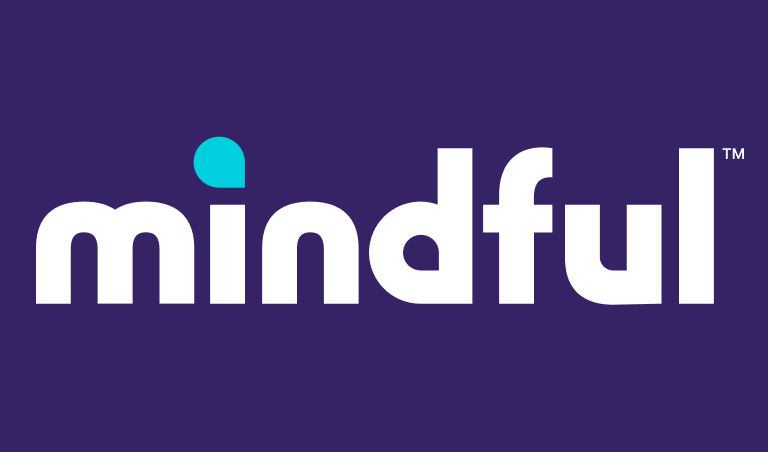Our story
The world we’re in:
Customer experience is a crowded space full of companies building tech with advancements in AI and ML technology. They promise a better, more personalized experience for the customer, but rarely fulfill it. Feeling alone and frustrated, customers are left thinking, “ With so many ways to communicate these days, why is it so hard to be seen and heard?”
Who we’re working for:
Customers. Because, if we’re successful, our clients and their team of agents become the heroes.
What we’re fighting against:
Experiences and technology that make customers feel alone.
Who are we:
By leading with accountability and empathy, we become a guide for some of the world’s biggest brands. We are the behind-the-scenes team making sure every moment is flawless for the customer. This makes customers feel seen and heard, but allows our clients and their agents to be the heroes of the story.



